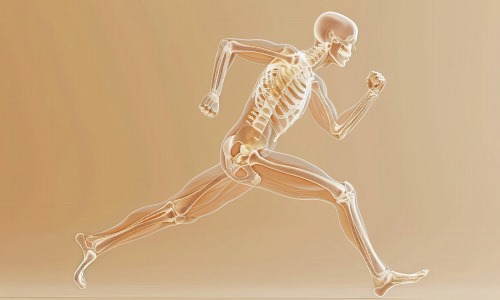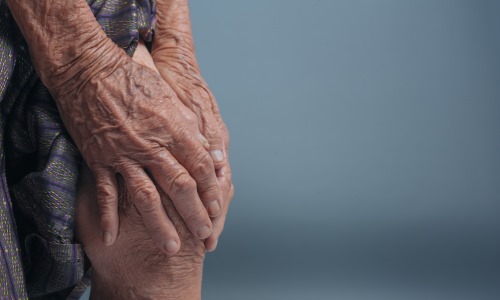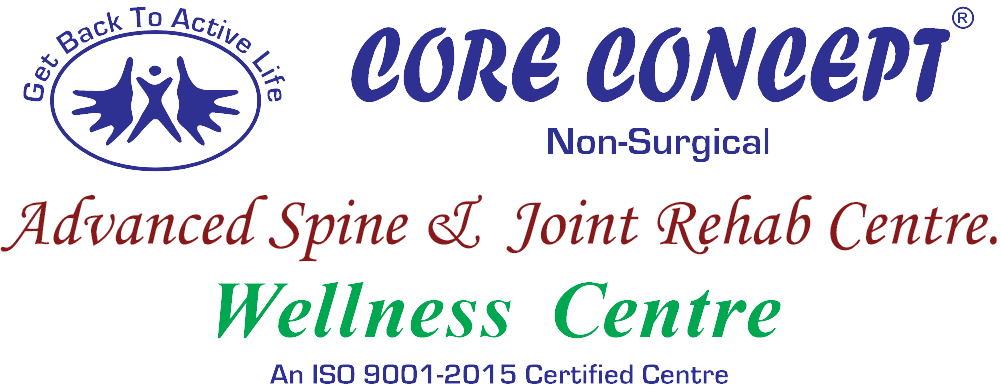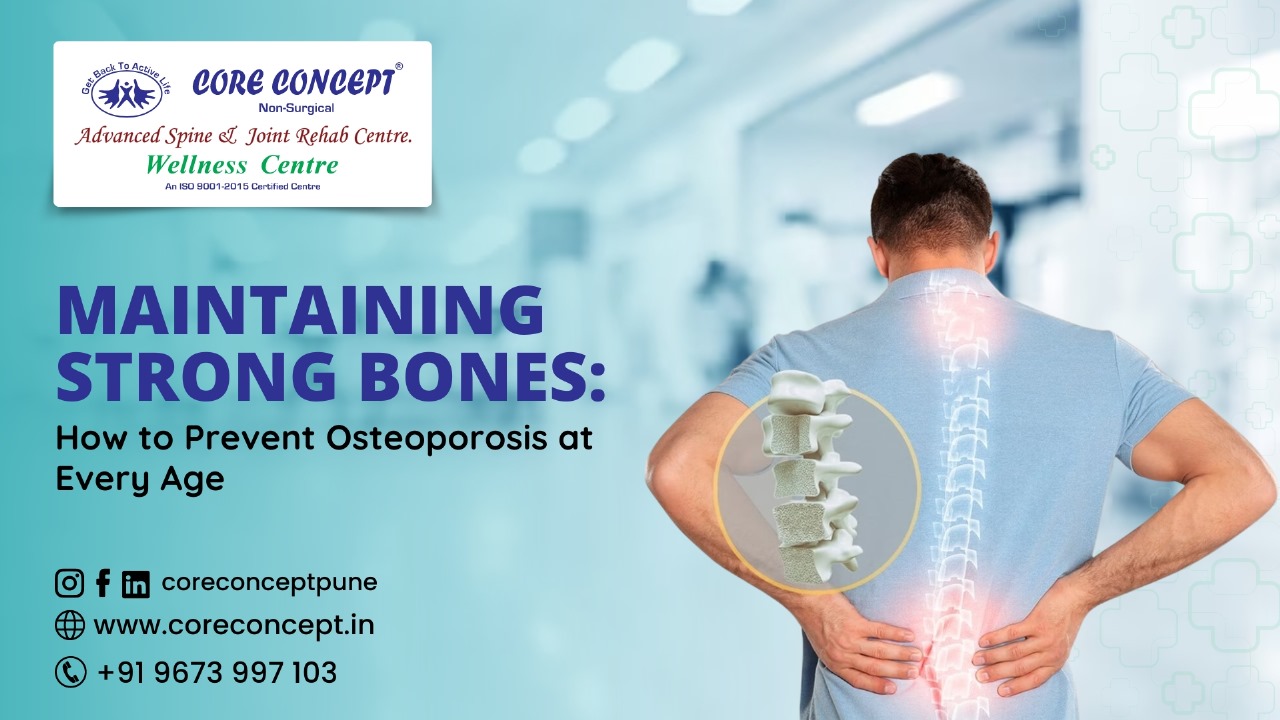Maintaining Strong Bones: How to Prevent Osteoporosis at Every Age
Bone health is crucial throughout your life. Your bones are constantly changing—new bone is created, and old bone is broken down. In your youth, the body produces new bone faster than it loses old bone, leading to an increase in bone mass. This process typically peaks around age 30. After this peak, the body continues to remodel bone, but at a slower pace. The likelihood of developing osteoporosis, which results in weak and brittle bones, largely depends on the amount of bone mass you have built by age 30 and how quickly you lose it as you age The greater your peak bone mass, the more "bone in the bank," reducing the risk of osteoporosis as you age.
Factors Affecting Bone Health
Several factors can impact bone health, including lifestyle choices and genetic predisposition. Smoking and tobacco use, for instance, are significant risk factors as they contribute to bone loss. Inactivity also increases the risk, emphasizing the importance of regular physical exercise. Furthermore, certain demographics, such as individuals of white or Asian descent, and those with a family history of osteoporosis or fractures, are at a higher risk of developing this condition.
Tips for Maintaining Bone Health
- Calcium Intake: Ensuring adequate calcium intake is crucial for bone health. This mineral is a primary building block of bone tissue.
- Vitamin D: For calcium absorption, vitamin D is necessary.It's important to get enough through diet, supplements, or safe sun exposure.
- Physical Activity: Regular weight-bearing and muscle-strengthening exercises help build and maintain bone density.
- Avoid Substance Abuse: Cutting back on caffeine and alcohol is advisable, as excessive consumption can lower bone density. Quitting smoking is also vital, as tobacco use can increase the risk of fractures and complications.
Diagnosis
Osteoporosis is often called a "silent disease" because it shows no symptoms until a fracture occurs. Therefore, it is crucial to undergo a bone density scan when recommended. Such scans are generally advised for all women aged 65 and older and younger women at a higher-than-normal risk of fractures. Men should consider osteoporosis screening if they are over 70 or at high risk for thinning bones.
Warning signs and risk factors that may necessitate earlier screening include:
- A bone fracture after age 50
- Sudden back pain
- Loss of height or increasingly stooped posture
- Use of medications that can thin bones
- A bone-threatening medical condition
- A family history of osteoporosis or fractures


Treatment and Support
If diagnosed with osteopenia or osteoporosis, your doctor will recommend preventative steps to slow bone loss and reduce fracture risk. This may include dietary changes, increased physical activity, and possibly medications.
At Core Concept —Advance Spine and Joint Rehab Center, we specialize in non-surgical treatments and rehabilitation for bone health. Our expert team provides tailored exercises, lifestyle advice, and therapies to support your bone health and overall well-being. Maintaining strong bones is a lifelong commitment.
By recognizing the factors that influence bone health and taking preventive measures, you can greatly lower the risk of osteoporosis and maintain a healthier, more active lifestyle. For personalized advice and treatment, consider scheduling a consultation with Core Concept today.

